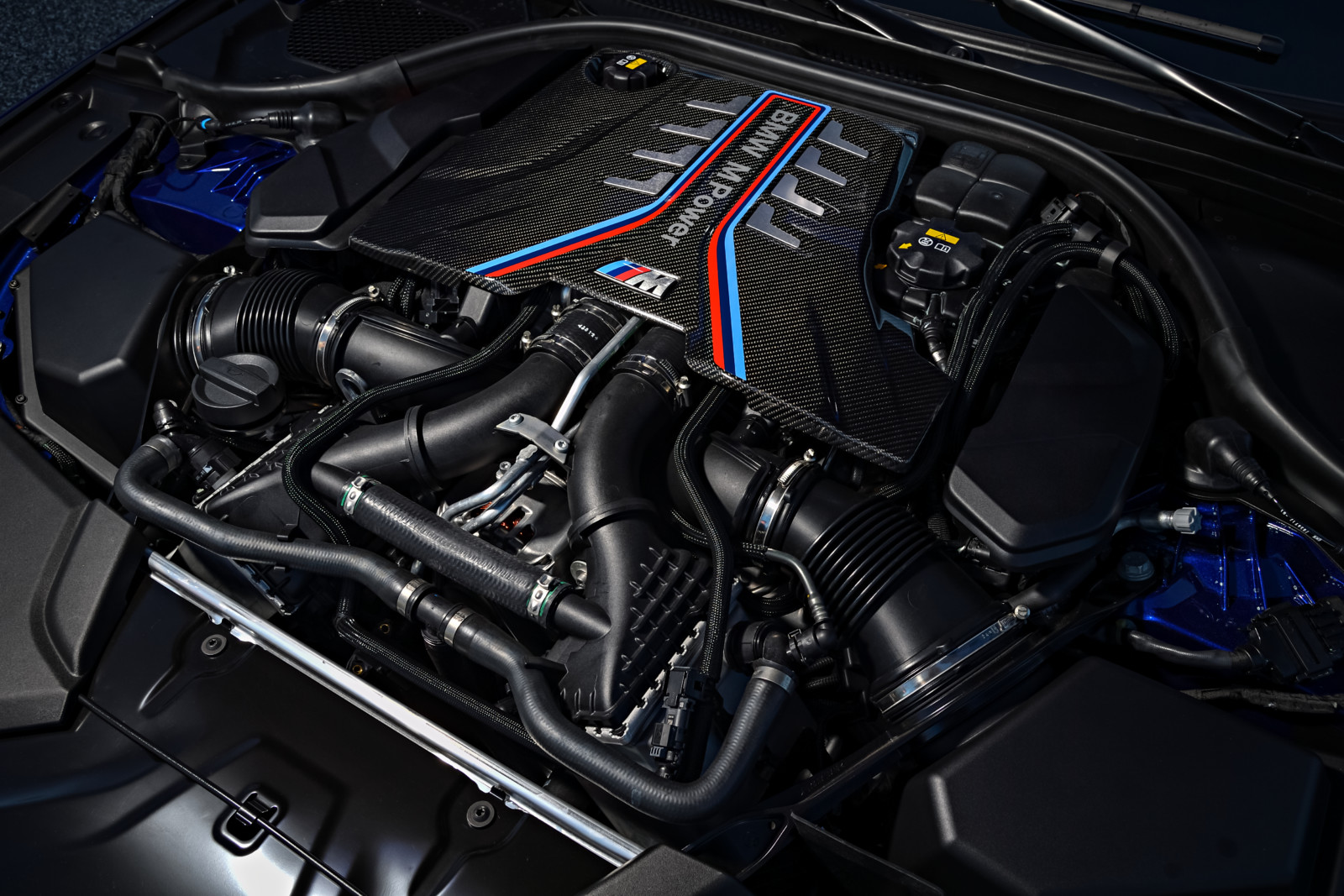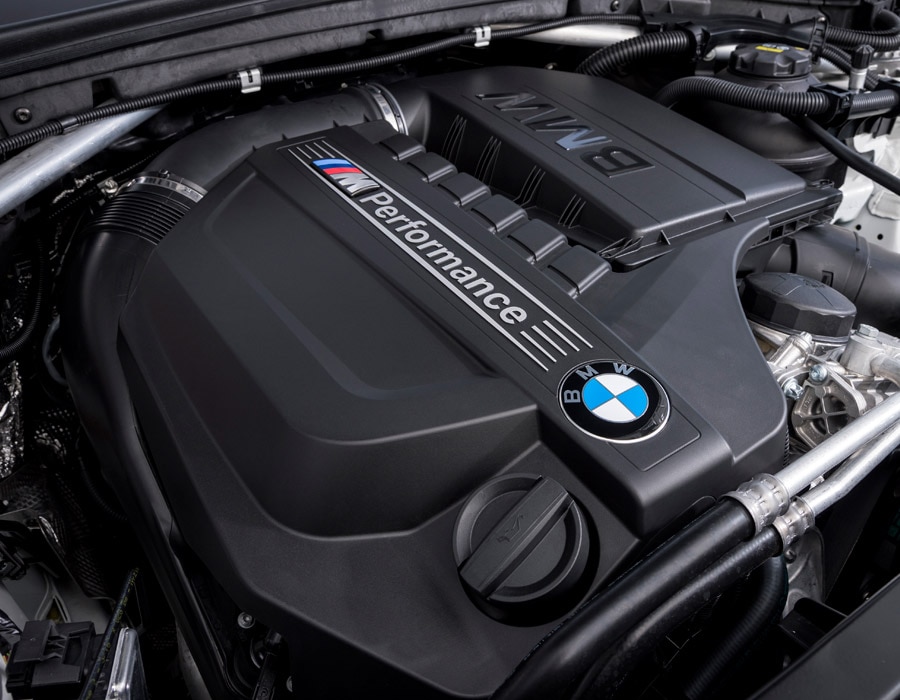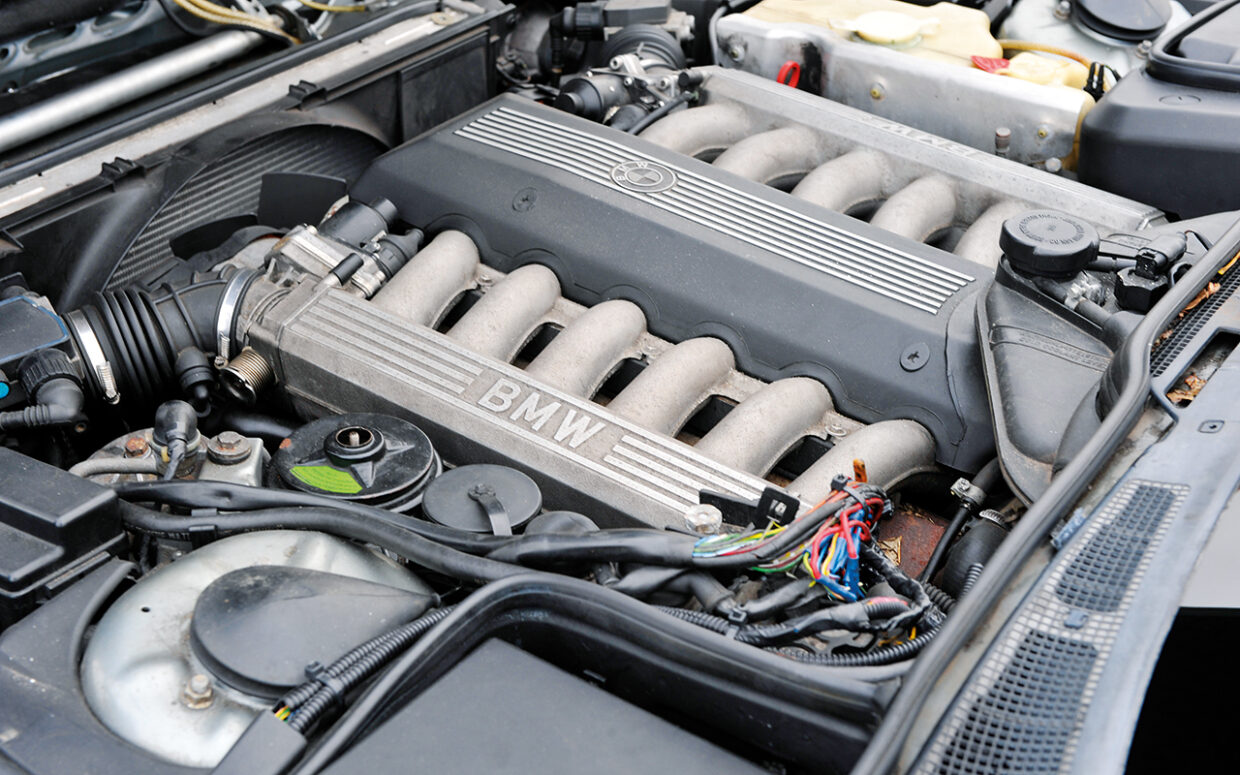Revealing the Intricacies of Next-Generation Power Units: a Deep Dive Into Advanced Engine Advancements and designs
As we stand on the precipice of a brand-new era in transport, the intricacies of next-generation engine layouts beckon us to discover the advanced modern technologies and developments that assure to redefine the driving experience. Digging much deeper into the realms of discharge control, smart engine administration systems, and the perspective of power unit advancement, we locate ourselves on the cusp of a change that assures to reshape the landscape of movement as we recognize it.
Evolution of Engine Materials

The shift towards progressed engine products has actually additionally made it possible for engineers to develop engines with higher power outcomes while keeping gas performance criteria. The usage of light-weight products lowers the total weight of the engine, leading to boosted fuel economy and reduced exhausts. In addition, innovations in products modern technology have actually permitted far better thermal administration within engines, resulting in enhanced reliability and long life.
Turbocharging and Supercharging Technologies
Just How do Turbocharging and Supercharging Technologies revolutionize engine performance and efficiency in modern-day automobiles? Turbocharging and turbo charging are innovations that dramatically improve engine efficiency by increasing the quantity of air intake into the combustion chamber. Turbocharging achieves this by making use of a wind turbine driven by exhaust gases to pressurize the consumption air, while supercharging makes use of a belt- or chain-driven compressor to attain the exact same result.
These modern technologies enable smaller, more fuel-efficient engines to create power equal to larger ones, referred to as downsizing. Forcibly more air into the cyndrical tubes, turbocharging and turbo charging improve combustion efficiency, causing enhanced horse power and torque result without a considerable boost in engine size. This causes better velocity, hauling capacity, and total driving efficiency.
Additionally, supercharging and turbocharging add to enhanced fuel efficiency by enabling the use of smaller sized engines that eat much less fuel under typical driving conditions - bmw engine. This mix of boosted performance and effectiveness has actually made turbocharging and turbo charging essential elements of numerous contemporary engine layouts
Emission Control and Environmental Effect
With boosting international concerns pertaining to air quality and environmental sustainability, the application of exhaust control modern technologies in vehicles plays an essential function in lowering damaging contaminants released into the environment. Modern lorries are outfitted with sophisticated emission control systems that help minimize the environmental effect of vehicle procedures. Catalytic converters, for example, are made to transform poisonous gases such as carbon monoxide, nitrogen oxides, and hydrocarbons right into less damaging compounds like carbon dioxide and water vapor.
Additionally, innovations in engine technology, such as the assimilation of exhaust gas recirculation systems and discerning catalytic decrease, have actually substantially added to lowering exhausts. These modern technologies function in tandem to enhance combustion efficiency and decrease the launch of dangerous contaminants into the air. Additionally, the growth of crossbreed and electrical vehicles stands for an essential action in the direction of minimizing the general environmental impact of the transportation sector.
Intelligent Engine Monitoring Systems

In addition, these systems allow lorries to meet stringent discharges standards without endangering performance, giving a much more environmentally pleasant driving experience. The combination of artificial knowledge and artificial intelligence capabilities in engine management systems remains to push the borders of what is possible, causing further enhancements in efficiency, integrity, and total car efficiency. bmw engine. As automotive innovation advancements, intelligent engine management systems will certainly play a crucial role in shaping the future of transport towards a more effective and lasting direction
Future Trends in Power System Advancement
As intelligent engine management systems pave the way for enhanced control and optimization in modern-day lorries, future fads in power device growth are positioned to redefine the landscape of automobile propulsion innovations. These alternate power sources offer improved performance and efficiency while lining up with strict environmental regulations.
An additional substantial pattern is the combination of advanced products and producing techniques. Lightweight products such as carbon fiber and aluminum are being utilized to lower general car weight, enhancing gas effectiveness and performance. In addition, improvements in look at this now 3D printing and additive manufacturing are enabling the manufacturing of complex engine parts with greater precision and durability.
In addition, man-made intelligence and artificial intelligence are playing an essential duty in optimizing power device performance. These modern technologies enable real-time monitoring and flexible control, leading to a lot more efficient and trusted power distribution. Overall, future patterns in power unit advancement are tailored towards efficiency, sustainability, and efficiency, driving the vehicle sector towards a new period of propulsion technologies.

Verdict
In verdict, the developments in engine materials, turbocharging, emission control, and intelligent administration systems have actually led the way for next-generation power systems. The complex layouts and innovations in modern engines showcase the continuous development of vehicle modern technology.
Exploring the progressive developments in engine materials has been essential in boosting the efficiency and performance of modern-day engines. Over the years, the advancement of engine products has actually played an essential role in pushing the boundaries of what engines can achieve.The shift towards advanced engine materials has actually additionally allowed engineers to make engines with greater power outputs while preserving gas efficiency standards.The implementation of smart engine administration systems in contemporary vehicles has transformed the means engines are controlled and optimized for performance and performance. By gathering information in real-time and examining it with advanced formulas, intelligent engine administration systems can adapt to driving designs, environmental variables, and engine wellness to take full advantage of power outcome while lessening gas intake and emissions.